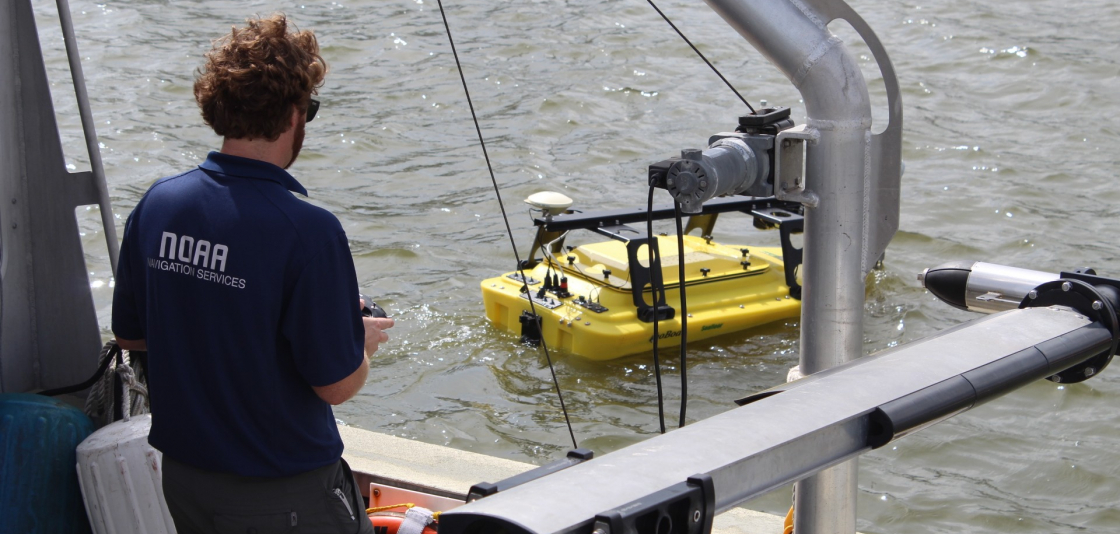
NOAA partners with University of Southern Mississippi on uncrewed systems
NOAA and the University of Southern Mississippi signed a 10-year agreement to partner on ways to improve how uncrewed systems (UxS) are used to collect important ocean observation data and augment NOAA’s operational capabilities, the agency announced.
The agreement provides a framework for collaborating with NOAA scientists and UxS operators on projects to further UxS research, development and operations.
“Mississippi is poised to become a major hub for ocean research and innovation, and NOAA plans to help drive that innovation,” said Rear Adm. Nancy Hann, deputy director for operations for NOAA’s Office of Marine and Aviation Operations (OMAO) and deputy director of the NOAA Commissioned Officer Corps. “This new partnership with the University of Southern Mississippi will greatly enhance our ability to transition these technologies into operational platforms that will gather critical environmental data for the nation.”
UxS are sensor-equipped vehicles that operate autonomously or are remotely piloted. NOAA currently uses UxS for seafloor and habitat mapping, ocean exploration, marine mammal and fishery stock assessments, emergency response, and at-sea observations that improve forecasting of extreme events, such as hurricanes, harmful algal blooms and hypoxia.
UxS have the potential to transform how NOAA meets its mission to better understand our oceans and their ecosystems, according to the agency.
While the use of UxS is not new to NOAA — agency scientists have been experimenting with and using uncrewed systems for research for decades — the recent increase in the availability of highly capable UxS has brought a corresponding increase in their innovative use as a force multiplier for many NOAA programs. Advancing partnerships with academia will be essential to the development and use of these technologies.